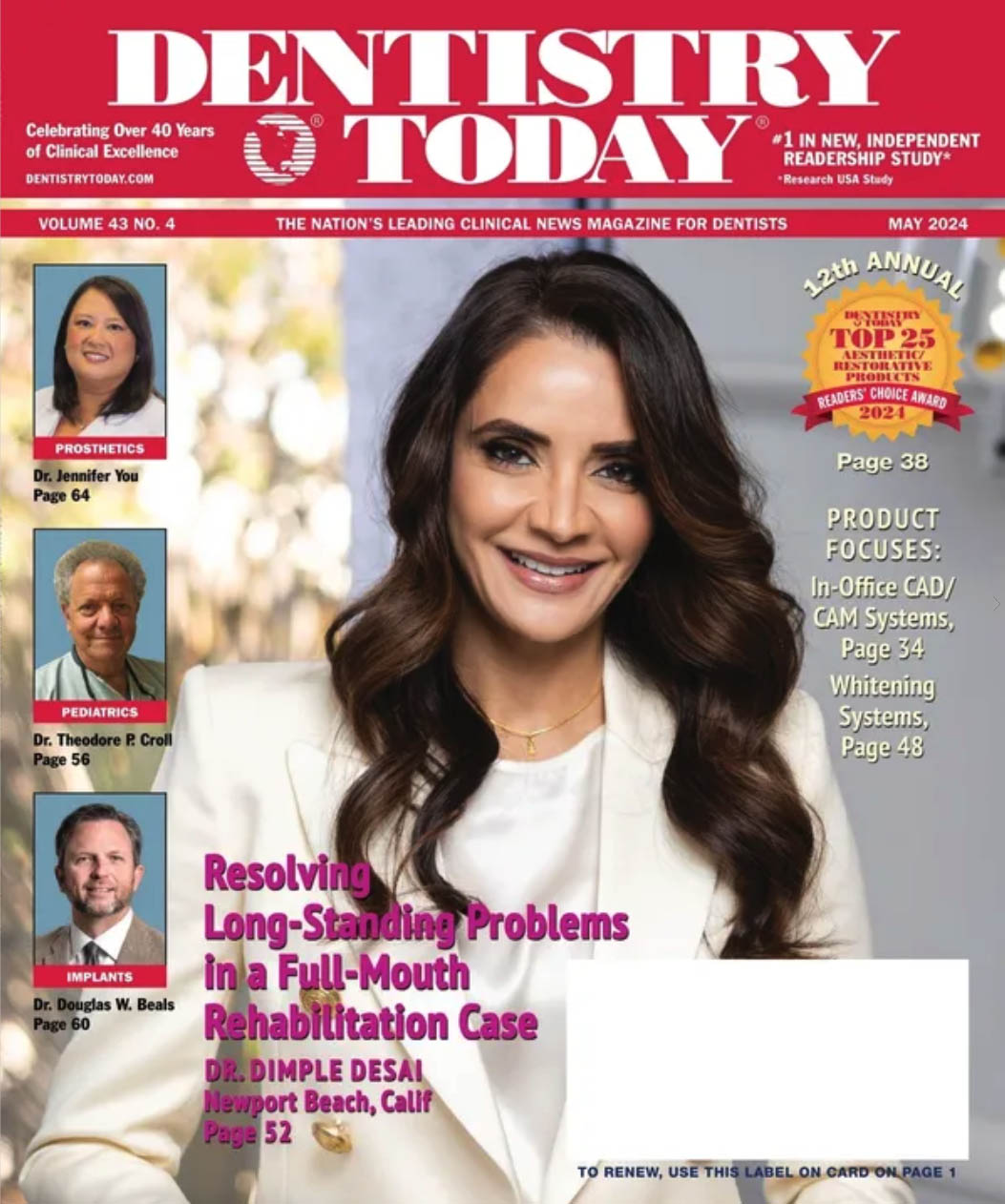Autoimmune disorders such as multiple sclerosis, rheumatoid arthritis, inflammatory bowel disease, and others have long been studied to determine their cause. The University of Connecticut Health Center in Farmington, Conn, may be on to something, reports Dr. Robert B. Clark, based on information supplied to him by a dental colleague. Porphyromonas gingivalis, one of the bacteria linked to periodontal disease and causing inflammation of oral tissues, is now implicated as part of the cascade effect that begins when the body’s immune system mistakenly attacks an “outsider.” The autoimmune system in the body is wired to attack any alien, and when the alien is produced by the body, the body’s forces are mustered to attack itself. Dr. Clark explains in the article that most likely we all “harbor cells that could cause autoimmune disease,” but generally the conditions which cause the various diseases do not occur in the specific order necessary. The fatty substance (phosphoethanolamine dihydrocera-mide [PEDHC]) produced by P gingivalis appears to enhance the cascade effect leading to hyperstimulation of the autoimmune attack. If P gingivalis is present, brushing the teeth may release enough of PEDHC to circulate through the bloodstream, coming into contact with the signaling cells and switching on the attack. While the fatty substance is not a foreign bacteria, the body’s defenses appear to identify it as such. If the body is on alert for any other reason, the misidentification may initiate a full-scale attack. The National Multiple Sclerosis Society has been funding the study hoping to find new ways to prevent or diminish autoimmune diseases.
(Source: sciencenews.org, May 10, 2008)








